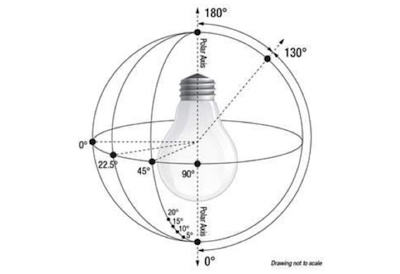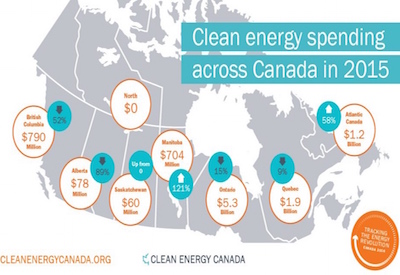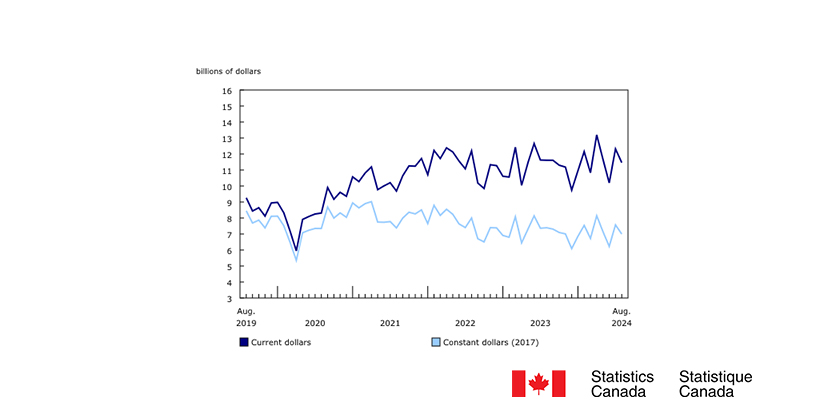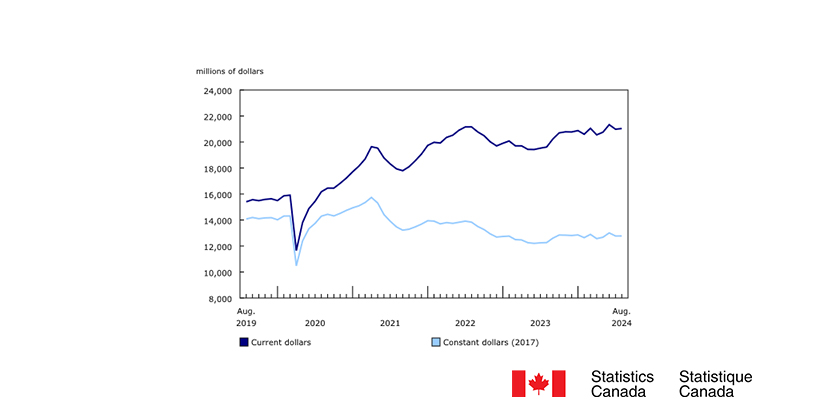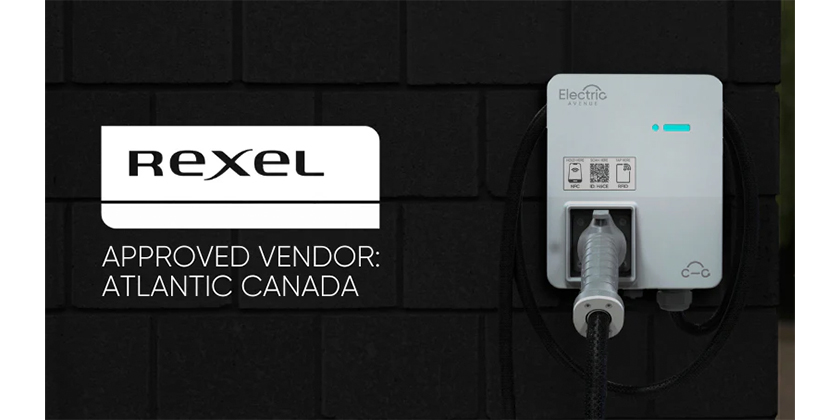10 Trends to Watch in 2016 and Beyond

Dec 31 2015
Expect building owners to invest in solutions embodying the Internet of Things (IoT) and cloud computing, says Navigant Research. Factors driving demand for intelligent building solutions include shifting customer demands, climate change mitigation and sustainability goals, power reliability and resiliency concerns, and budget constraints. In response, the scalable, secure, and open platforms of these solutions are generating cost savings, enabling energy efficiency and sustainability improvements, and enhancing occupant satisfaction.
According to a Navigant white paper, rapid deployments of cost-effective data acquisition devices and the integration of IT and traditional building automation and controls are changing the industry of facilities management. This network-addressable IT backbone is generating continuous data streams associated with building operations. An evolving menu of software analytics and energy management services is leveraging this data to provide actionable insights for efficiency and optimization. The result is the development of intelligent buildings that are dynamic systems capable of managing energy consumption for efficiency and a whole suite of non-energy business improvements.
Navigant’s white paper presents the top 10 trends for the intelligent buildings market in 2016 and beyond. The report examines the major market issues driving investment in intelligent building solutions, as well as the business case and opportunities associated with various intelligent building solution areas, such as building energy management systems (BEMSs), intelligent lighting controls, and HVAC optimization. Each of the topics in this white paper is examined more deeply in research reports from Navigant Research’s Building Innovations Research Service and ongoing research.
Key questions addressed:
• What are the major trends shifting the intelligent buildings landscape in 2016 and beyond?
• What is the outlook for intelligent buildings?
• How do intelligent building solutions interface with macro trends like the Energy Cloud and smart cities?
• What technology trends are affecting the building management industry?
• How will the intelligent building change the occupant experience?
Find out more about the report: www.navigantresearch.com/research/intelligent-buildings-10-trends-to-watch-in-2016-and-beyond



